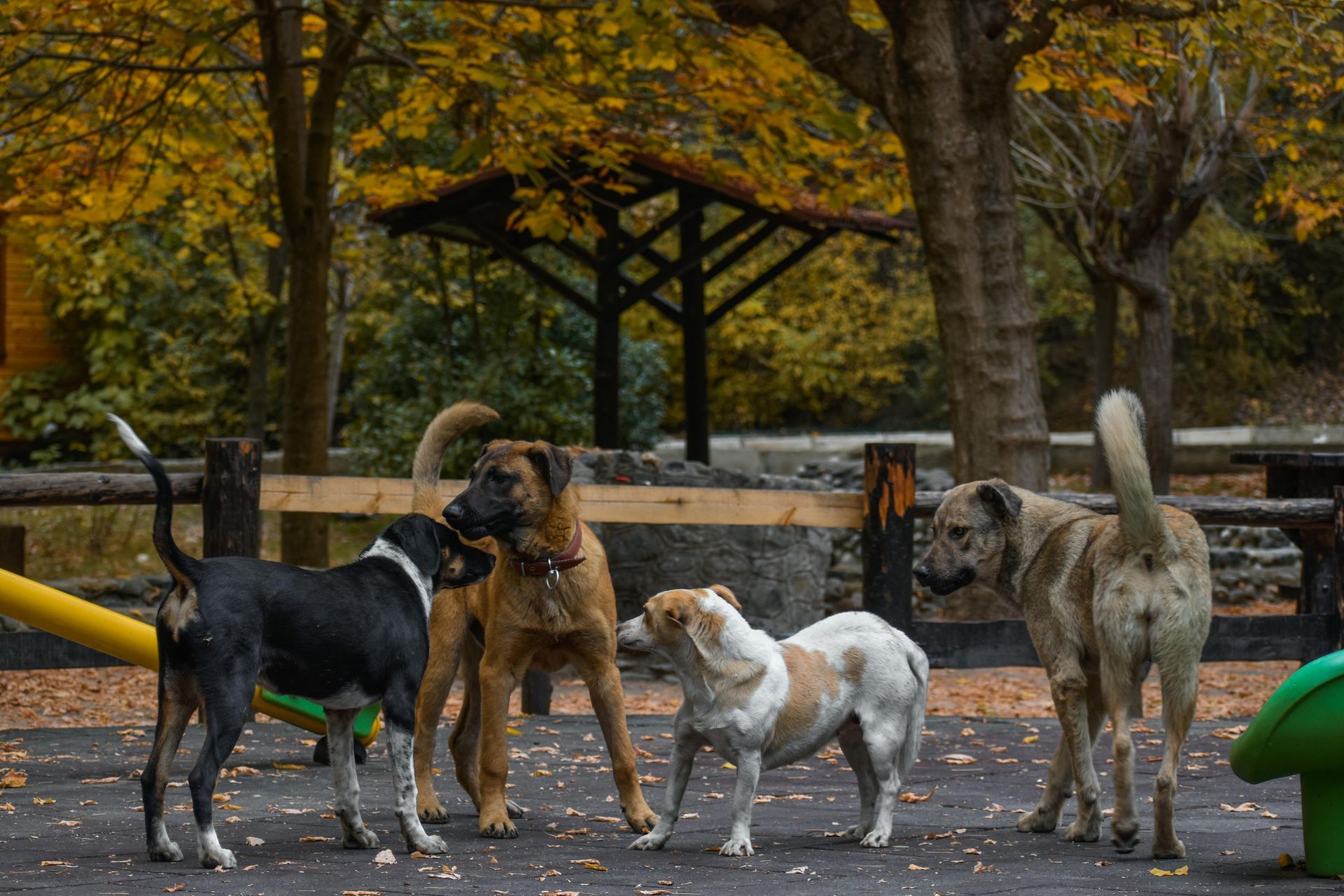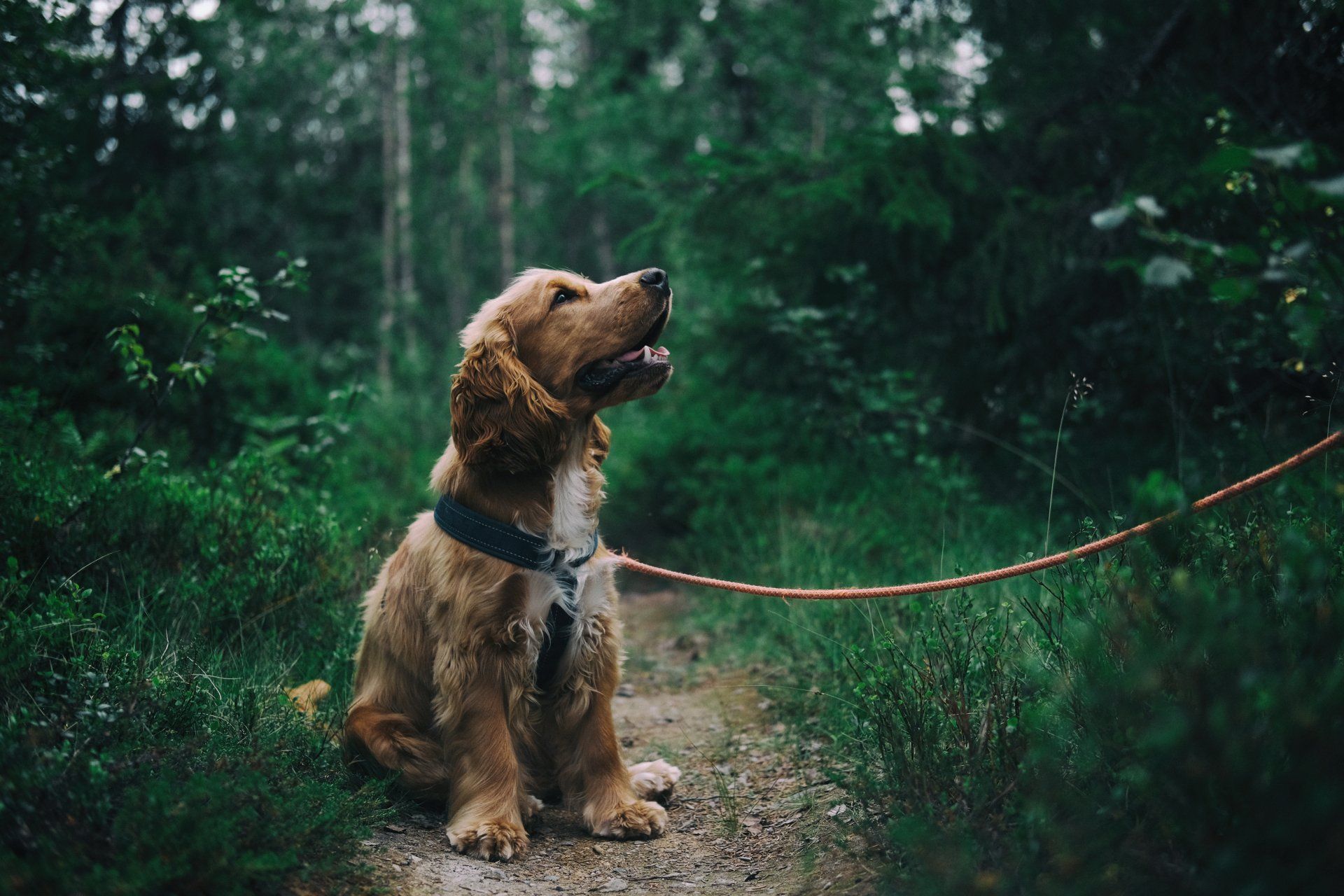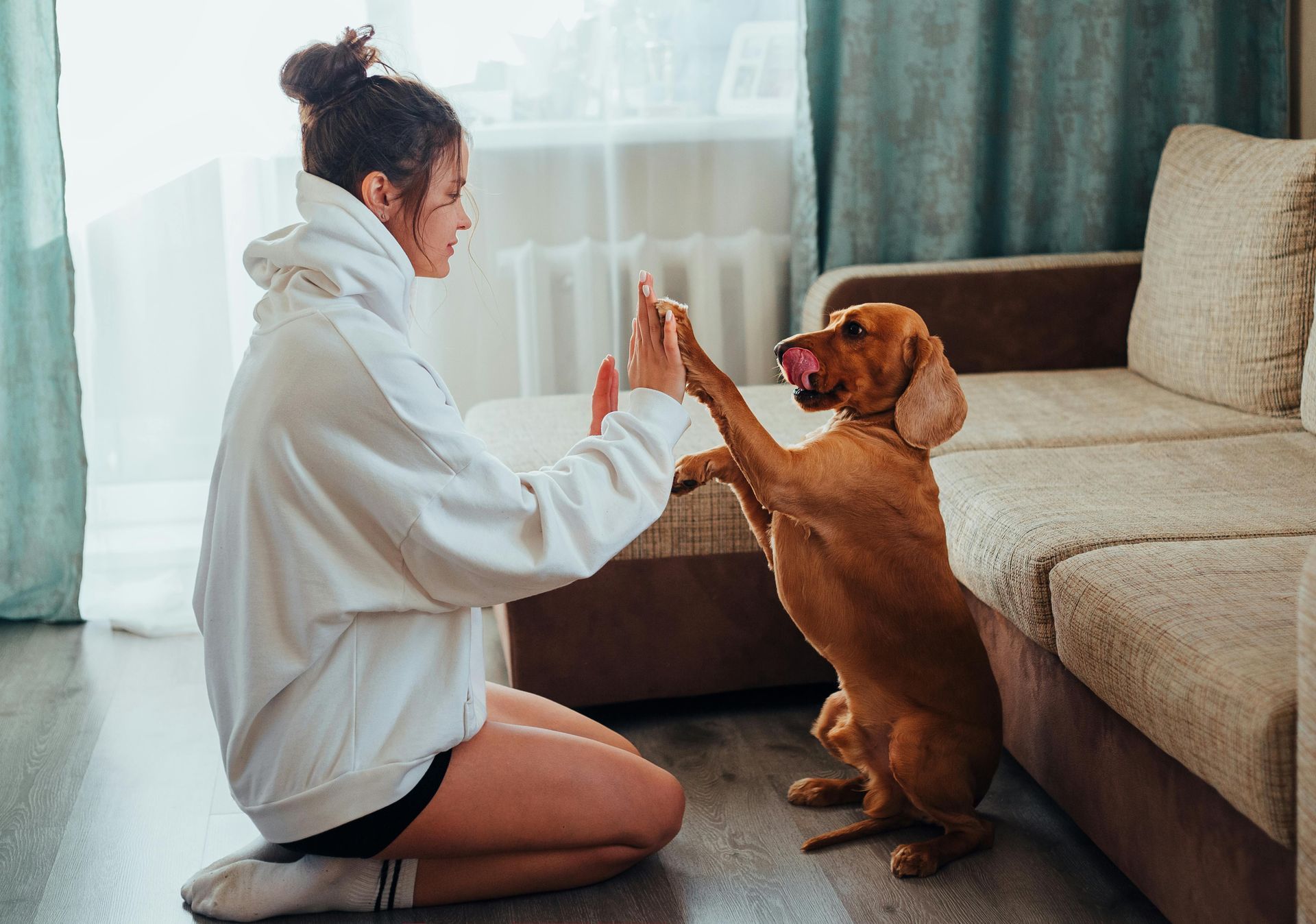Royal Library
Socialization Tips

Socialization is a crucial aspect of a dog’s development and overall well-being. It involves exposing dogs to various environments, people, animals, and experiences in a positive and controlled manner. Socialization is not just for puppies; it’s essential for dogs of all ages. Here’s why socialization is important and how you can incorporate it into your dog’s life:
Why Socialization is Important
Builds Confidence
Proper socialization helps dogs feel more confident in new situations. Dogs that are well-socialized are less likely to be fearful or anxious when encountering unfamiliar people, animals, or environments. This confidence can prevent behavioral issues and make your dog more adaptable.
Reduces Anxiety and Fear
Socialization reduces the likelihood of anxiety and fear-based behaviors. Dogs that are not exposed to various stimuli during their critical development periods may become fearful or reactive. Regular exposure to different experiences helps dogs learn that new things are not something to be afraid of.
Promotes Positive Behavior
Well-socialized dogs are more likely to exhibit positive behaviors. They tend to be friendlier, more relaxed, and better behaved in various situations. Socialized dogs are also less likely to develop aggressive behaviors, making them safer and more enjoyable companions.
Enhances Training and Obedience
Socialized dogs are often easier to train. They are more comfortable and focused in new environments, making training sessions more effective. Socialization helps dogs learn to listen and respond to commands, even in the presence of distractions.
Improves Quality of Life
Socialization enriches a dog’s life by providing mental and physical stimulation. It helps prevent boredom, which can lead to destructive behaviors. Socialized dogs can enjoy a wider range of activities, such as visits to the dog park, playdates, and travel.
How to Socialize Your Dog at Different Ages
Puppies
- Introduce Gradually: Start socializing your puppy as early as possible. Expose them to various sights, sounds, people, and animals gradually and in a controlled manner.
- Puppy Classes: Enroll your puppy in socialization classes where they can interact with other puppies and learn basic obedience skills.
- Positive Experiences: Make sure each new experience is positive. Use treats, praise, and play to create positive associations.
Adult Dogs
- Continued Exposure: Continue to expose adult dogs to new experiences. Take them to different environments, such as parks, cafes, and pet-friendly stores.
- Controlled Interactions: Arrange playdates with other well-behaved dogs. Supervise interactions to ensure they are positive and safe.
- Training Classes: Enroll in advanced training or activity-based classes, such as agility or obedience, to keep your dog engaged and socialized.
Senior Dogs
- Gentle Exposure: Senior dogs may have different needs, but socialization remains important. Gently expose them to new experiences, keeping their physical limitations in mind.
- Short Outings: Take your senior dog on short outings to places they can enjoy without becoming overwhelmed. Low-stress environments are ideal.
- Mental Stimulation: Provide mental stimulation through interactive toys, gentle training sessions, and social interactions with familiar people and pets.
Conclusion
Socialization is vital for dogs of all ages, promoting confidence, reducing anxiety, encouraging positive behavior, and enhancing training and overall quality of life. By incorporating socialization into your dog’s routine, you can help them become a well-adjusted, happy, and confident companion. Remember to keep experiences positive and tailored to your dog’s needs.



